Evidence of Jewish life in Izmir dates back to Hellenistic and Roman times. Regional archeological findings point to a thriving Jewish community in this coastal city, then known as Smyrna. While this Romaniot community seems to have enjoyed considerable importance in antiquity, its presence started declining in the late Byzantine period, as Jews got settled in surrounding towns, rather than Izmir itself. It appears that in the year 1424, when the Ottomans conquered the, by then, small and relatively unimportant town, Izmir no longer had an organized Jewish community.
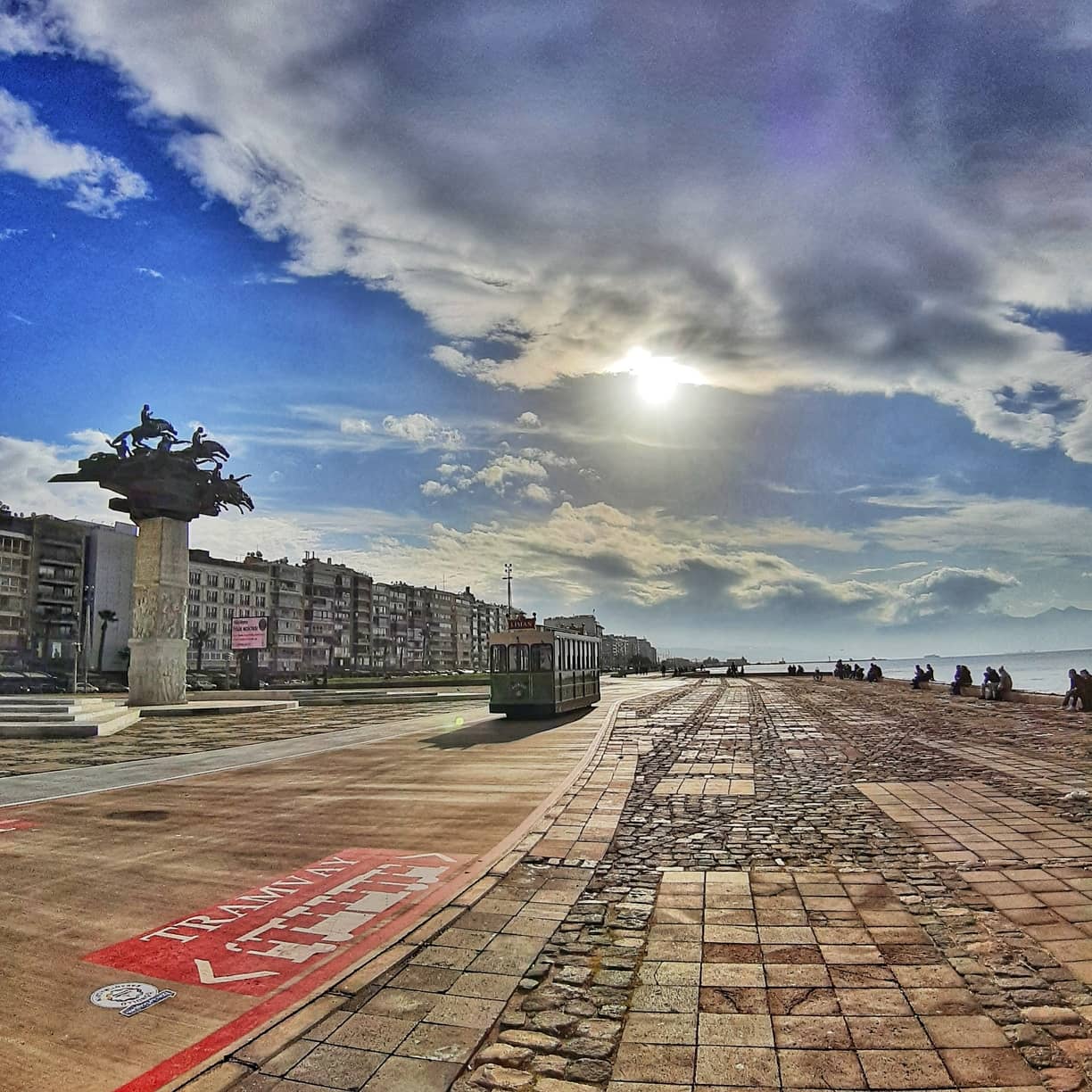
The expulsion of the Jews from Spain (1492) and Portugal (1497), however, opened a new page in the history of Ottoman Jewry. Thousands of exiled Jews settled throughout the Empire, where they made considerable contributions to local trade and economies. In different time periods, including Ottoman Empire and Republic of Turkey, some Ashkenazi groups from various countries also settled in the city, but the population superiority was always kept by the Sephardi.
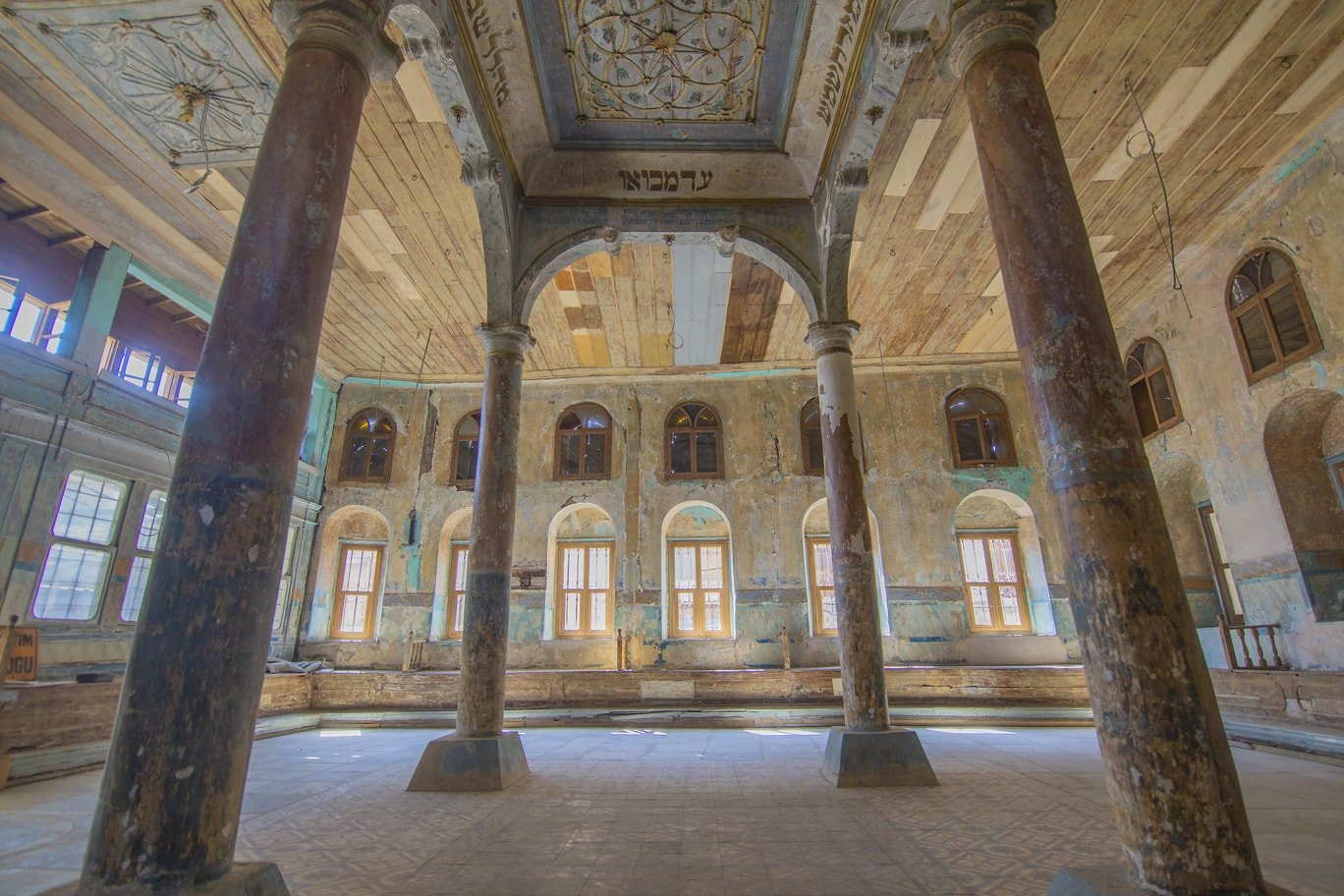
The resettlement of Jews to Izmir and the reestablishment of the community took place by the end of 16th century and the beginning of the 17th century. This period coincides with the time of the extraordinary economic growth of the city; when the port of Izmir began to develop into the most important trading center in the Levant.
The region reserved for Jews according to the settlement order of the Ottoman Empire, was neighboring the Turkish quarter together with the harbor and bazaar area. Taking the advantage of this location many Jews started to find commerce related jobs like translator, trader etc. Known as the “Juderia” (later to be named as the “First Juderia”), this region consisted of a group of neighborhoods whose names and numbers changed over time. Daily life structures such as houses, workplaces, places of worship, schools and hospitals were built in this region, in which the Jewish community lived for several centuries.
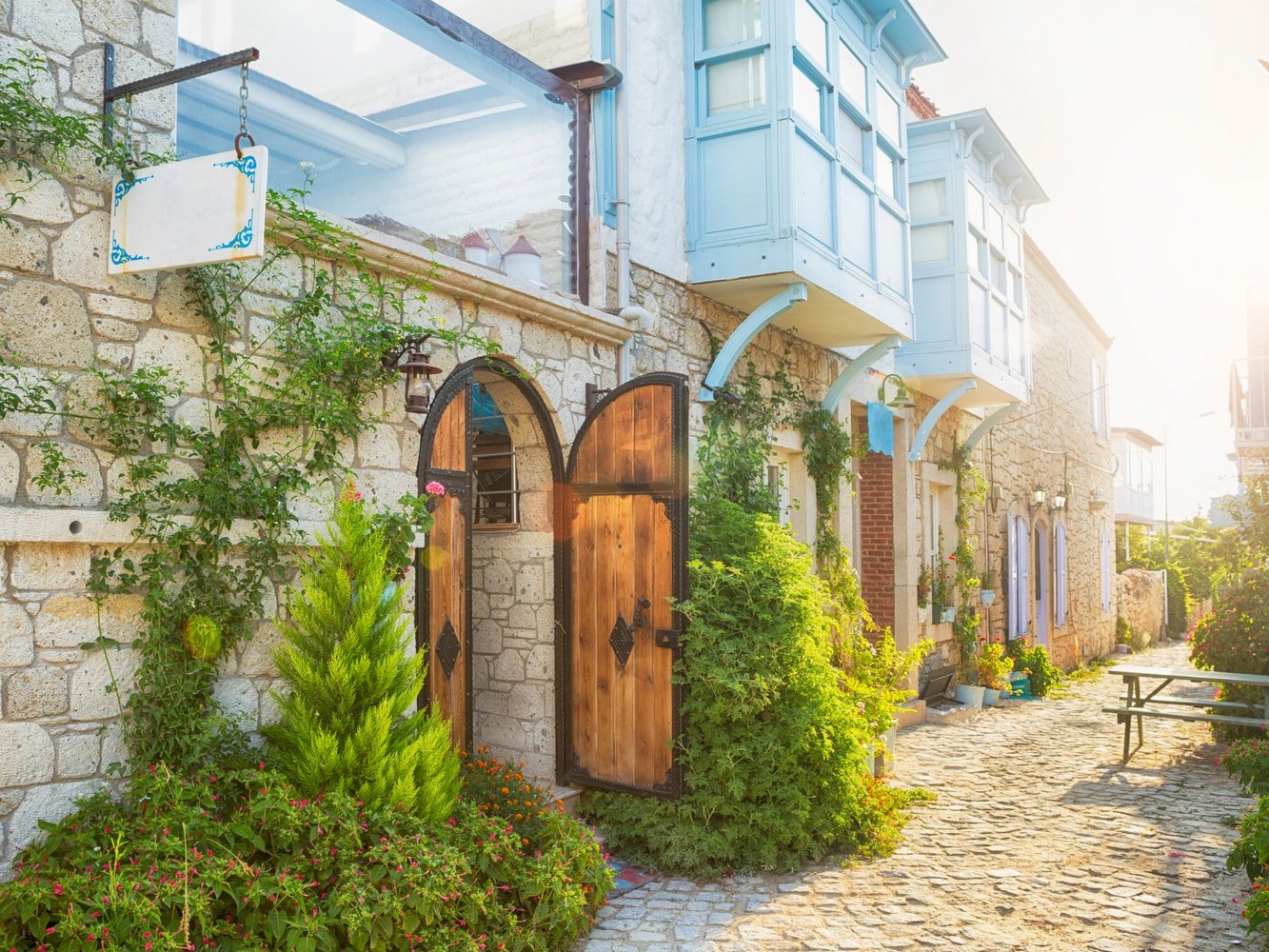
By the middle of the 17th century, the Jewish community numbered in the thousands, and displayed a large degree of heterogeneity. As the waves of Jewish immigration to Izmir during the 17th century came from several different sources (within and outside the Ottoman Empire), the community organized in several synagogues, had their own leadership and institutions, and maintained contact with other Jewish communities.
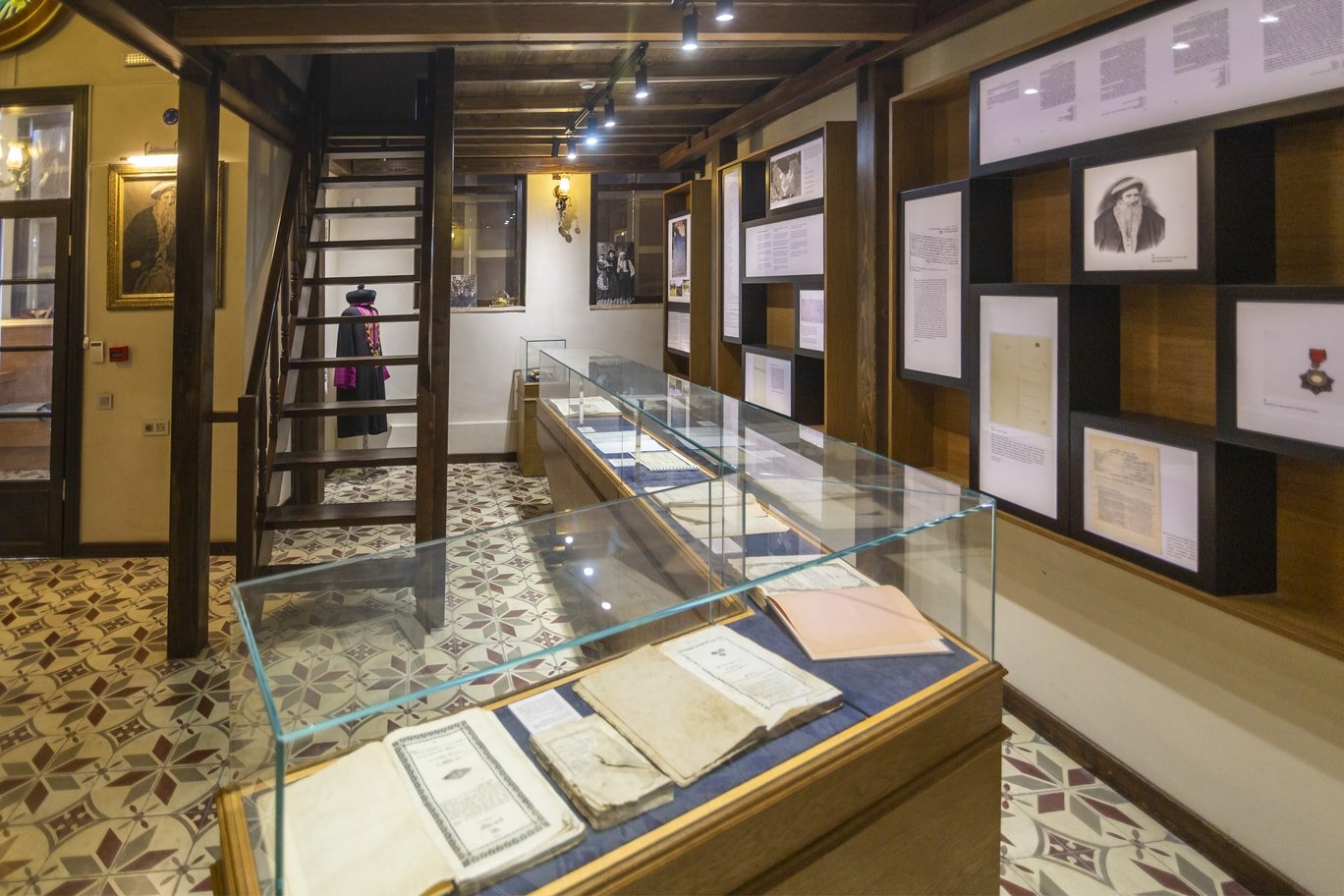
Born in Izmir in 1626, Shabbetai Zvi and his Sabbatean movement left a deep mark on the history of Izmir’s Jewish community. Indeed, Zvi’s messianism movement reverberated throughout the entire Jewish world, and some consider it to have represented an existential threat to Judaism in the 17th century.
The later Ottoman period in Izmir was characterized by the growth of the Jewish population and the maturing of religious and secular intellectual life, evidenced by important spiritual leaders like Rav. Hayim Palachi, as well as the great number of the Jewish newspapers and secular literature from this period.
Starting from the second half of the 19th century, the westward spread of the urban settlement attracted the attention of the Greeks and the Muslims, as well as the Jews.
Thus, the adventure of the “Second Juderia”, i.e., the new Jewish quarter which was formed in this new part of Izmir lasted only for about a century. The wealthier or more educated members of the community moved to this neighborhood first. Structures required by daily life were built, activities required by community life were organized, but most differently and importantly, in this new settlement area the neighborhoods became multicultural and multi-religious.
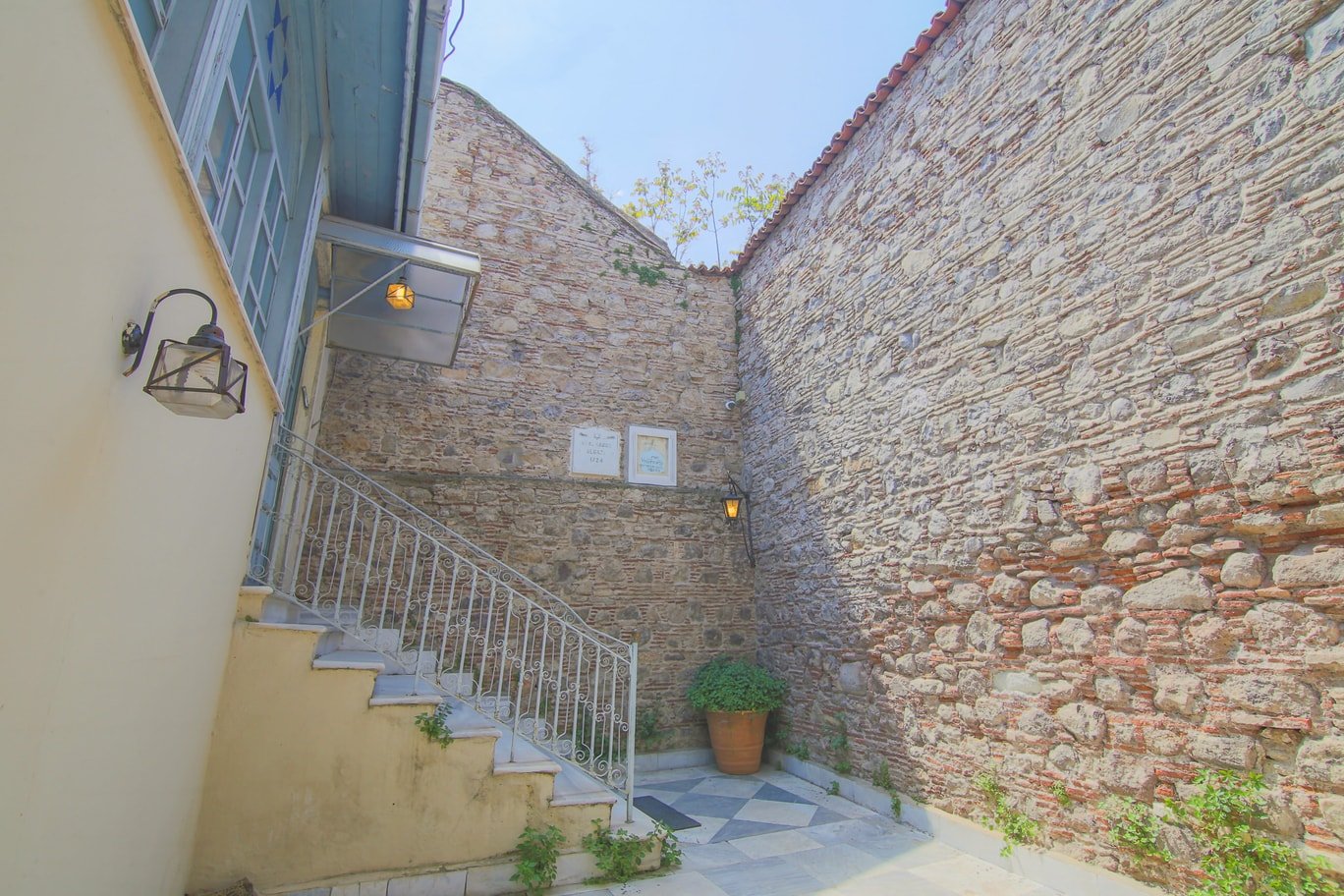
By the last quarter of the 19th century and the first half of the 20th century, due to regional and World wars, the Jewish community of Izmir faced a lot of emigration traffic, both inbound (mainly from Central and Eastern Europe) and outbound (mainly to Europe and the Americas). Finally, the establishment of the State of Israel, also created a big immigration wave. Ever since, the community continued to diminish gradually due to economic and political reasons, as well as issues like low growth of population, inter-marriages, youngsters moving out for education / job opportunities, etc.
As another result of the settlement movement, the structure of both neighborhoods changed. By the 1950s, the number of inhabitants of the “First Juderia ” dwindled considerably, and later to be abandoned completely. Those who did not go abroad from the “Second Juderia” began to move to the Alsancak region, which they considered as a more upscale area.
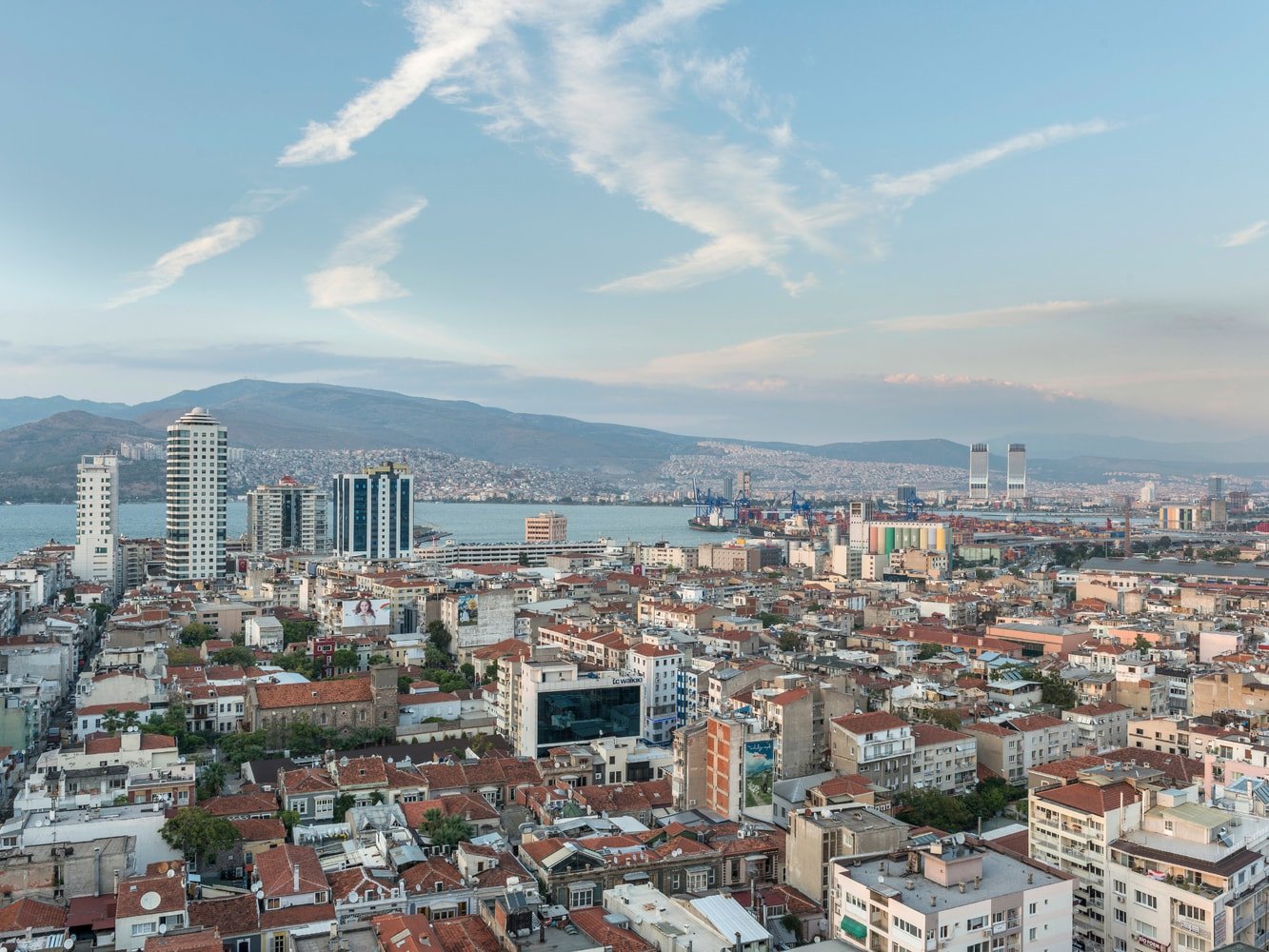
Out of many magnificent synagogues built in previous centuries in Izmir, only a few survived for centuries due through disasters like earthquakes, fires, etc and declining population. The remaining synagogues, some preserved and some in ruins, together with the cortejos, the cemeteries, and an elevator tower, constitute a living testimony to community’s life in Izmir, which was one of the most spectacular of its kind and had the most spiritual and cultural influence on all Jewish diaspora communities in the 17th and 18th centuries.
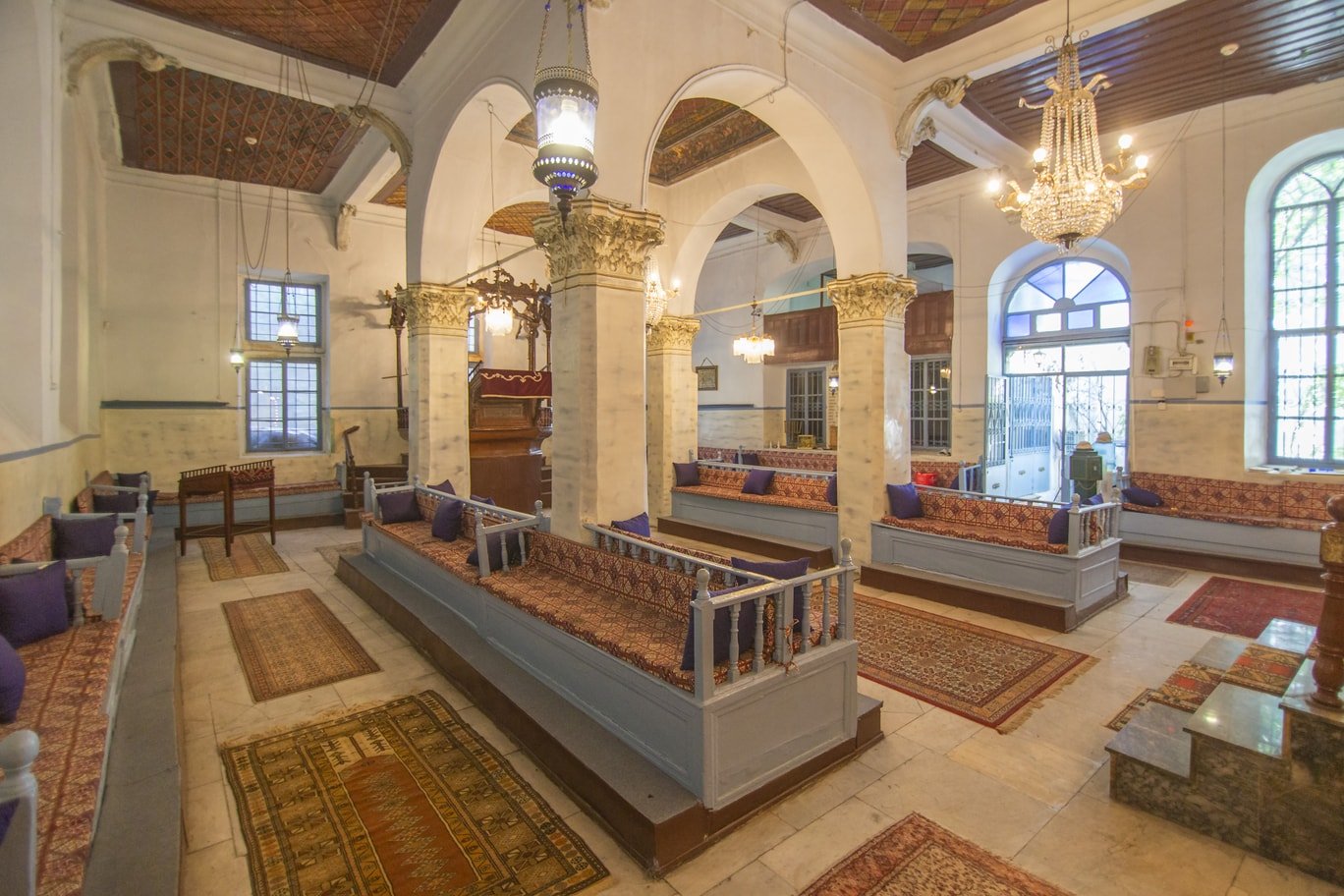
The tangible cultural heritage examples located at the First Juderia, within the borders of “the heart” of the city, create a unique historical value with the structural density formed in the area. On the other hand, although not managed by the community any more, located in the Second Juderia, a street elevator -one of the city’s landmark towers, and a hospital continue to serve the wider society of the city. Musicians from various periods have contributed to different styles of music and gained fame beyond the community. Also, some culinary contributions from Sephardic cuisine to local street food culture, turning out to be one of the symbols of Izmir in the present day, is to be recognized as an important intangible cultural heritage.
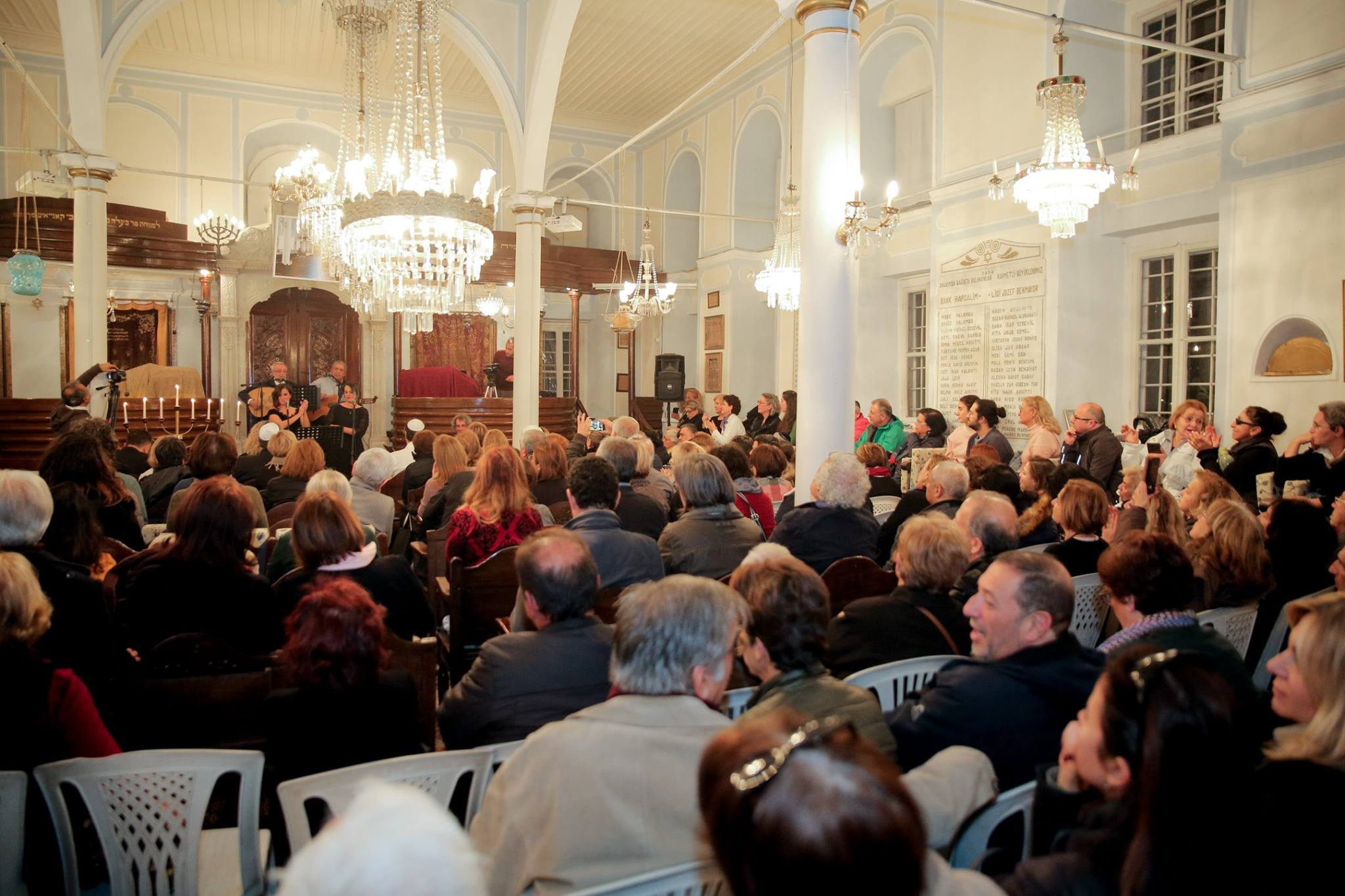
A festival has been created under the name of “Izmir Sephardic Culture Festival” to introduce the Jewish heritage of Izmir. The festival organized during Hanukkah holidays in 2018 and 2019, has received extraordinary attention and participation right away from the local citizens. It is planned to continue with wider participation, as soon as national and international pandemic regulations permit.

